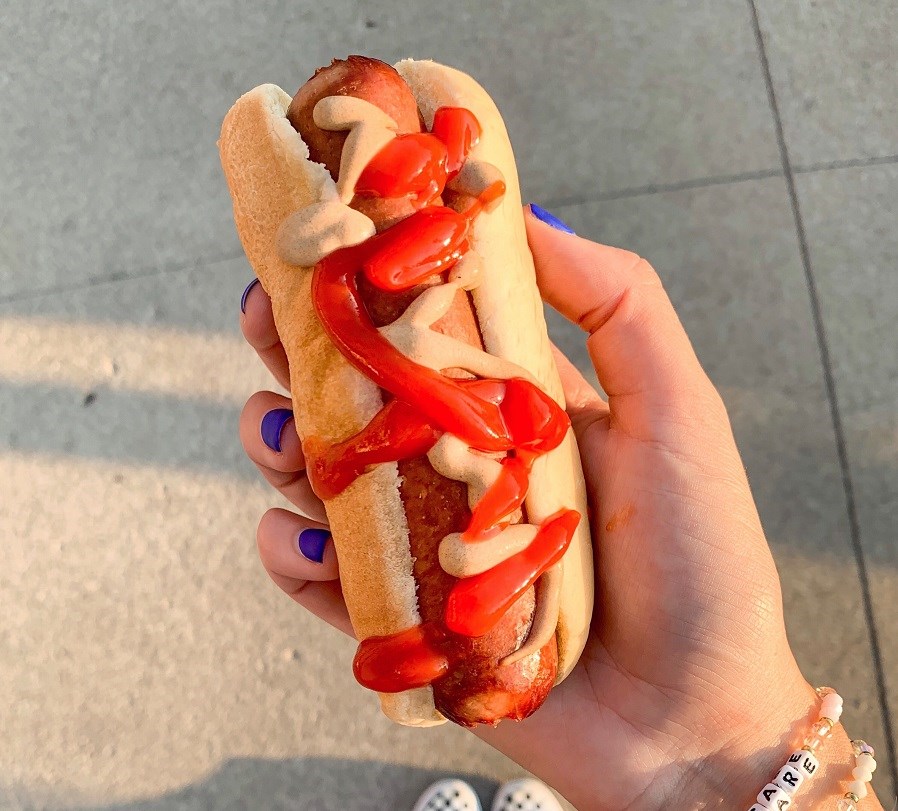
Temperatures and equity markets are ticking higher in tandem, which means it may be time for investors to cool down a little. And what better way to do that than grabbing a beer – or a beer stock. With current valuations significantly lower than their pre-pandemic highs, brewers represent sound allocation bests for opportunistic investors thirsty for value.
Alcoholic beverage stocks, including those of beer companies, fall into the consumer staples category, and are somewhat insulated against economic cycles. The global alcoholic beverage market, of which beer industry is the biggest constituent, is projected to grow more than ten-fold, from US$3 billion in 2020 to US$33 billion in 2027, or 3% annually.
Despite the current weakness due to the coronavirus-related lockdowns, supply constraints, and travel restrictions, the beer industry enjoys relative immunity. These three high-quality businesses operate in a highly consolidated market, have entrenched positions, and benefit from the growth tailwind created by secular trends including global increase in younger demographic, surge in disposable income, and demand growth. These stocks have significant upside potential, along with a margin of safety.
| Constellation Brands Inc A | ||
| Ticker | STZ | |
| Current yield: | 1.66% | |
| Forward P/E: | 22.28 | |
| Price | US$180.77 | |
| Fair value: | US$220 | |
| Value | 18% discount | |
| Moat | Wide | |
| Moat Trend | Stable | |
| Star rating | **** | |
| Data as of July 22, 2020 | ||
The largest multi-category alcohol supplier in the U.S., Constellation Brands sells beers and wines. The company owns a portfolio of Mexican beer trademarks, including Corona and Modelo, for which it acquired exclusive and perpetual U.S. ownership from Anheuser-Busch InBev (AB InBev). Constellation is currently pruning its wine and spirits business by divesting several lower-margin assets, including several wine brands. The firm imports most products after manufacturing them abroad. It also owns 37% of cannabis producer Canopy Growth.
“While Constellation Brands historically made its bones as a winery and distillery, we now view the firm as one of the most stellar brewers across our global coverage,” says a Morningstar equity report. The growing political and social clout of the U.S. Hispanic population bodes well for Constellation’s intangible assets. Moreover, the firm “continues to expand its addressable market by widening the gamut of categories in which it competes,” says Morningstar equity analyst, Nicholas Johnson, who recently upped the stock’s fair value from US$215 to US$220, prompted by strong first-quarter results.
Part of that quarterly performance is attributed to leadership’s skilful management of expectations by setting the bar low. “The firm remains beleaguered by both micro and macro issues, but we remain sanguine on its ability to navigate the environment,” says Johnson, adding that shares have rebounded nicely from the egregiously cheap levels of early April, and that “ample upside remains.”
| Molson Coors Brewing Co B | |
| Ticker | TAP |
| Current yield: | - |
| Forward P/E: | 12.12 |
| Price | US$35.85 |
| Fair value: | US$55 |
| Value | 35% discount |
| Moat | None |
| Moat Trend | Negative |
| Star rating | ***** |
| Data as of July 22, 2020 | |
Molson Coors is the fifth- largest beer producer globally, boasting top-two positioning in the U.S., Canada, and many Central European markets. Its popular brands include Blue Moon, Coors, Miller Lite, and Carling. It also sells various partner brands such as Amstel and Dos Equis in Canada and Corona in Central Europe. Molson’s legacy brands like Coors and Miller Lite are second and fourth best-selling beers in North America, while Carling is a leading brand in the U.K. On a volume basis, the firm has robust market share in North America (24%, behind InBev at 43%), and holds fifth position globally with 4.5% share, according to GlobalData.
Despite a significant stable of intangible assets, though, the company doesn’t possess an economic moat, says a Morningstar report, but adds the company “wields some advantages over certain peers within the beer industry.” If Molson Coors had a moat, the report says, it would primarily stem from cost advantage, “given that there are semblances of qualitative and quantitative evidence that suggest relatively good unit economics.”
Molson enjoys some competitive positioning through its transition to more-profitable licensing arrangements in markets such as Mexico, says Johnson. As part of its revitalization plan, the company is working to realign the business by focusing on “materially higher levels of manufacturing, innovation, and marketing investment across the portfolio, particularly in the above-premium segment where the firm has lagged,” says Johnson, who puts the stock’s fair value at US$55.
| Anheuser-Busch InBev SA/NV ADR | ||
| Ticker | BUD | |
| Current yield: | 2.6% | |
| Forward P/E: | 25.32 | |
| Price | US$54.55 | |
| Fair value: | US$96 | |
| Value | 42% discount | |
| Moat | Wide | |
| Moat Trend | Stable | |
| Star rating | ***** | |
| Data as of July 22, 2020 | ||
World’s largest brewer, Anheuser-Busch InBev owns five of the world’s top 10 bear brands including Beck’s, Corona and Budweiser. The company’s portfolio of products contains 18 brands that rack up more than US$1 billion in sales.
Ranked among top five consumer product companies globally, it boasts “one of the strongest cost advantages in our consumer defensive coverage and is among the most efficient operators,” says a Morningstar equity report, noting that the company’s “vast global scale and near-monopoly dominance in several Latin American and African markets [afford] significant fixed cost leverage and pricing power in procurement.”
These attributes underpin the beer behemoth’s wide moat and its excess returns on invested capital and best-in-class operating and cash cycles. While not immune from the financial impact of the coronavirus pandemic, AB InBev’s “business has enough liquidity to manage through the current crisis, and we continue to like the business for the long term,” says Morningstar sector director, Philip Gorham, who recently lowered the stock’s fair value from US$108 to US$96, incorporating the first-quarter revenue loss due to COVID19 restrictions. Gorham projects a sharp 10% decline in sales and 15% decline in EBIT this year, but forecasts sales to rebound 9.3% next year.






















